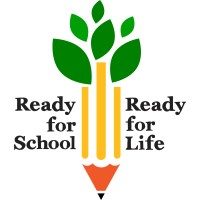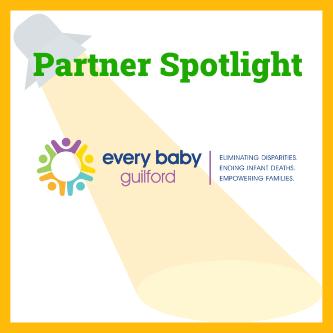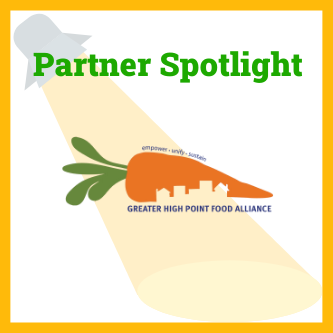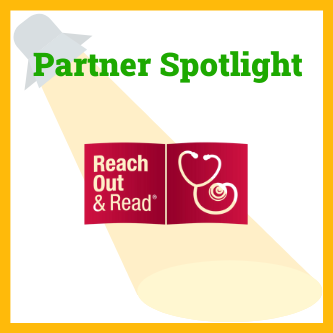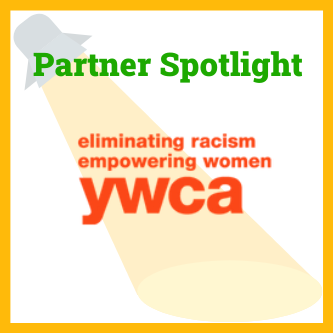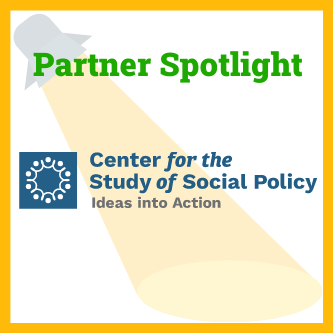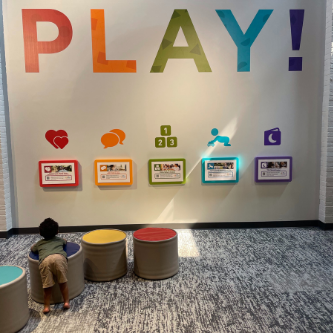“Our mission is to ignite and mobilize Guilford County through partnerships and unified strategies to eliminate racial disparities and prevent infant deaths,” said Jean Workman, executive director of Every Baby Guilford.
The infant mortality rate in Guilford County is one of the highest in North Carolina. Of the 6,045 babies born in Guilford County in 2019, 56 did not make it to their first birthday.
Every Baby Guilford is a 30-year public-private partnership with the Guilford County Department of Health and Human Services. As part of its 30th anniversary, the organization – formerly the Coalition on Infant Mortality – launched with a new name and a five-year strategic plan.
“When we started this organization in 1991, the disparity gap or the black infant mortality rate was 14.6 per 1,000 births. Today, our most recent 2019 stats show the same figure,” Workman said. “The Black infant mortality rate hasn’t changed substantially in 30 years.”
Workman points out that the organization historically created programs that focused on changing a pregnant person’s health and behavior, such as blood pressure monitoring, nutrition, and access to prenatal care. But the data shows that the Black infant mortality rate hasn’t dropped. A new approach was needed.
“We are still focused on mothers, but now we want to change the systems they encounter, particularly for Black moms,” Workman said. “In many respects, we are aligned so closely with Ready for School, Ready for Life. Together we are working on population-level change.”
Inspired by Ready Ready’s system-building approach, the Every Baby Guilford team, along with community members, health care professionals, policymakers, faith-based organizations, and partner organizations, worked together to relaunch with a collective action framework. The goal is to bring mortality rates down by 50 percent over the next five years.
“We want to eliminate systemic racism that exists in our medical practices through implicit bias, ensure safe and well-equipped areas for exercise, and address food insecurity for families. All these are a system change approach,” Workman said. “Eliminating structural racism will make the system more approachable, more resourceful, and more accessible.”
Every Baby Guilford names four key injustices that have negatively impacted Black mothers and young children through structural or institutional racism. They are unequal access to resources, housing discrimination, breastfeeding, and mistrust of health care institutions.
According to its website, the organization believes that understanding past events will allow Guilford County to better understand the cause of infant disparities and identify solutions that move towards an equitable future.
“We must change the policies, practices, and procedures that occur within the system so that families can more easily navigate those resources,” Workman said. “Having willing partners at the table ready to take part will help us make this transformation.”
Workman kicks off the strategy with a storytelling project she calls “Giving Voice to Mothers.” She said collecting the maternal health narratives, particularly of women of color in our community, will paint the picture of what’s needed in Guilford County for improvement and change.
